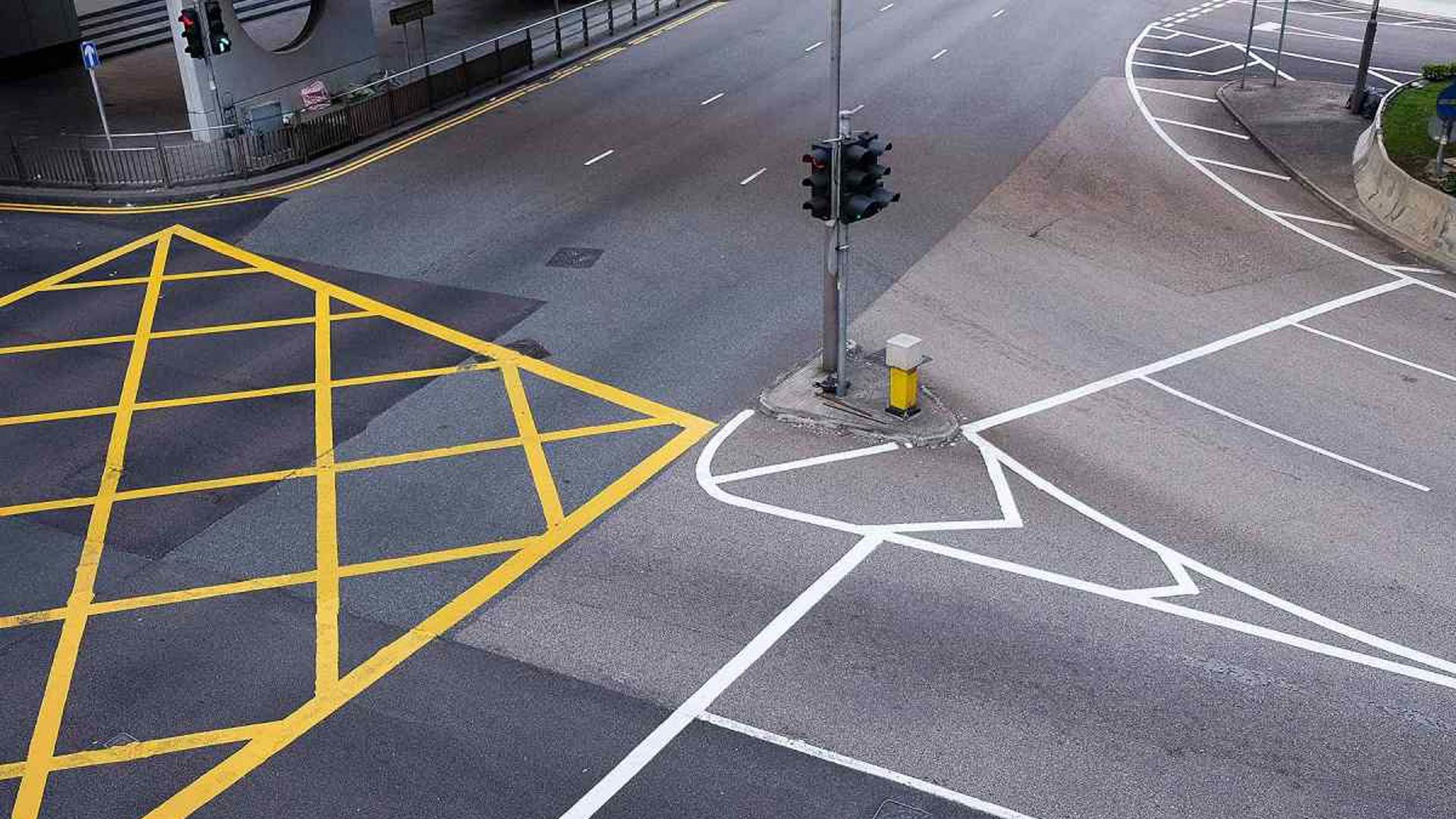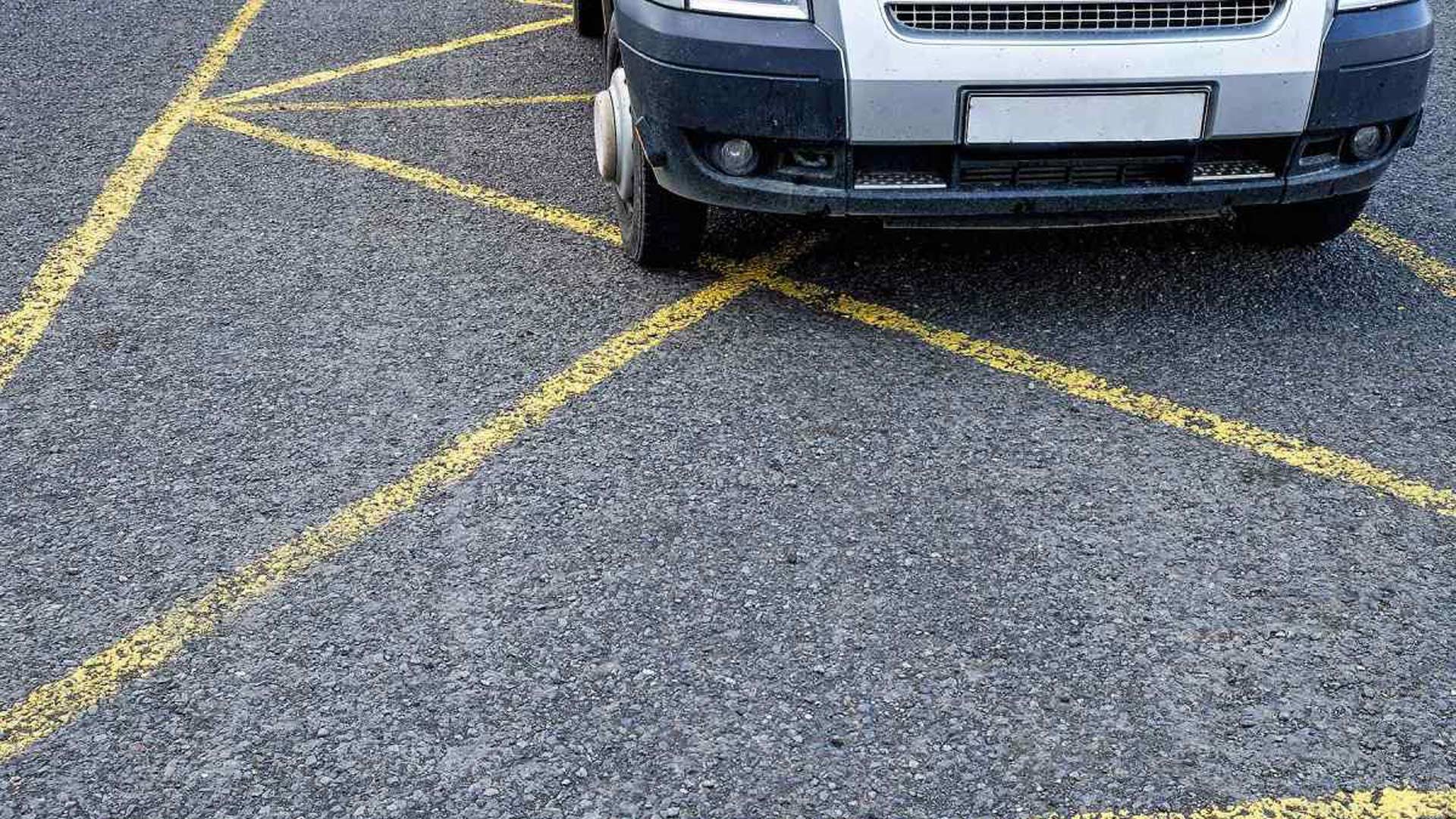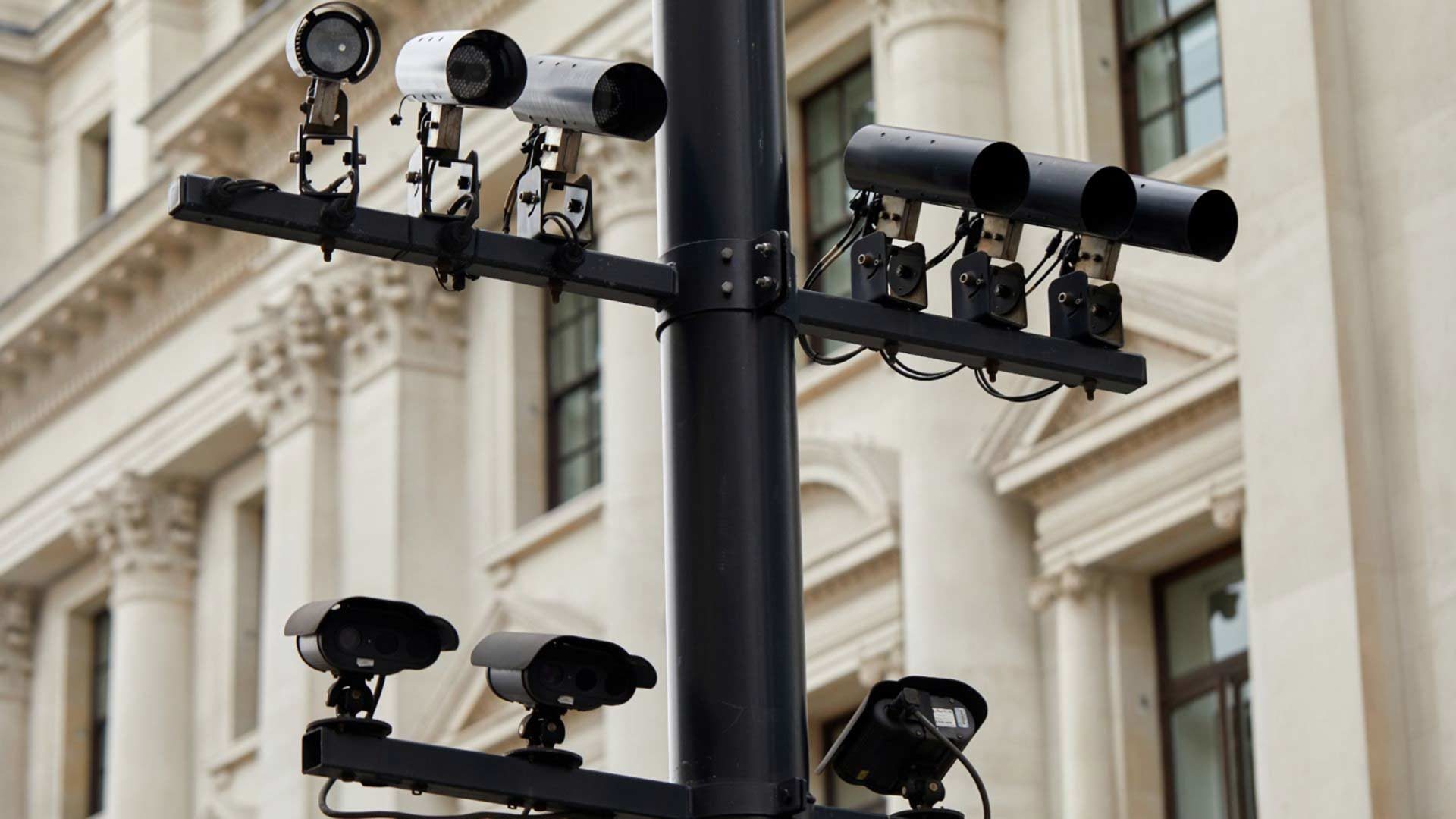
Local authorities will be given the power to enforce moving traffic offences from 1 June 2022.
This will allow councils outside of London to issue fines for breaking traffic rules such as incorrectly entering a yellow box junction, or making a prohibited turn.
At present, only authorities in London and Cardiff have the ability to enforce moving traffic offences. In all other areas enforcement is left to police forces.
All politics is local

The Government will now seek to implement Part 6 of the Traffic Management Act 2004.
As confirmed in a written parliamentary response this week, regulations to allow this have now been laid before parliament. Statutory guidance will be issued to local authorities in March, with the new rules coming into force on 1 June 2022.
This won’t allow councils to instantly start dishing out fines though. Instead, local authorities will have to apply to the Secretary of State for an order to be made. This will then designate the council as the enforcement authority in its area.
The AA is now calling for MPs to have closer scrutiny of the Government’s plans, given the experience of drivers in London. It is concerned that cash-strapped councils could see drivers as a way to ‘stuff town hall coffers with easy money’.
Checks and balances needed

Research by the AA found that while only two percent of UK drivers received a fine for stopping in a yellow box junction, this rose to 12 percent in London. Other offences are also more commonly given a penalty in London than elsewhere.
The AA also highlights that London traffic penalty adjudicators, who hear appeals, have shown numerous examples of ‘bad road layout, or councils ignoring or simply not understanding the rules of enforcement’.
Edmund King, the AA’s president, said: “The experience of London with enforcement of moving traffic violations sends a clear message to MPs: the roll-out beyond the capital needs effective checks and balances. That includes identifying, analysing and rectifying the causes of fines hotspots. And, where a traffic tribunal adjudicator identifies a problem that is not just a one-off, the council should suspend enforcement and report back to the adjudicator on how it has been resolved.
“Alternatively, or better still additionally, first-time offenders should be sent a warning letter, as set out by the Government previously. After all, the object of enforcement is to get road users to understand and comply with directions and restrictions – with the deterrence of fines if they deliberately ignore them.”
ALSO READ:
What is The Highway Code Hierarchy of Road Users?